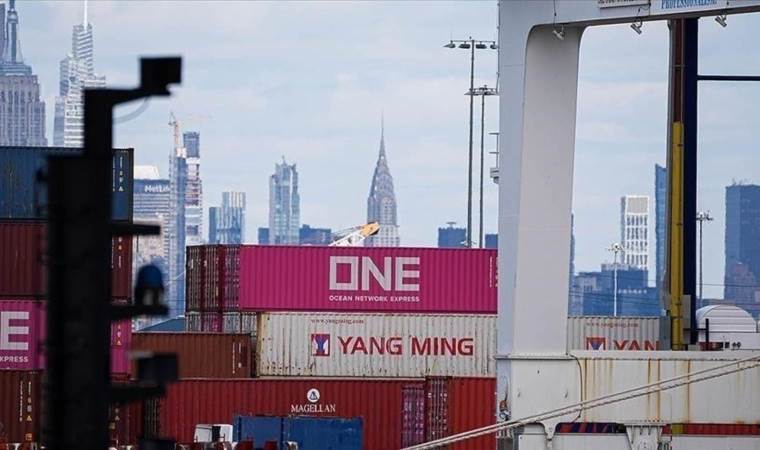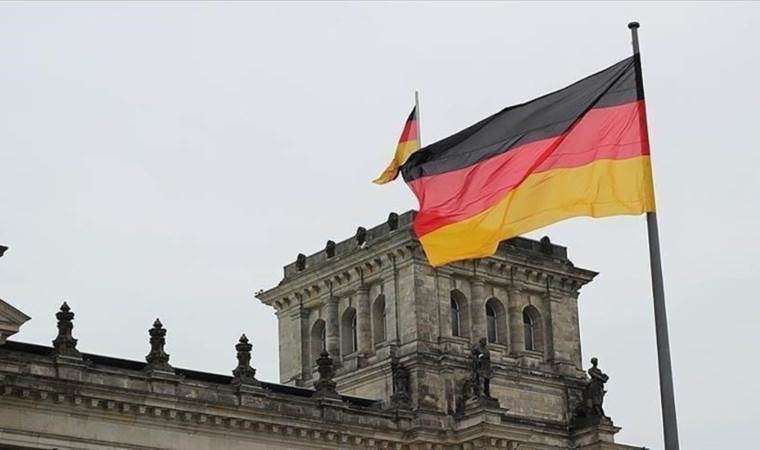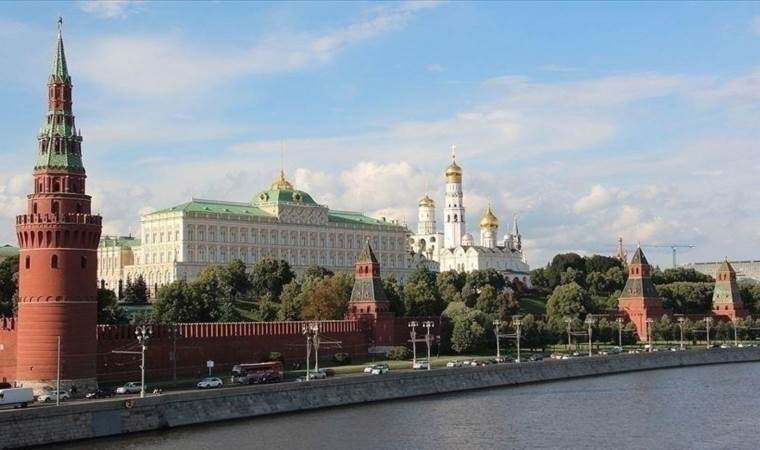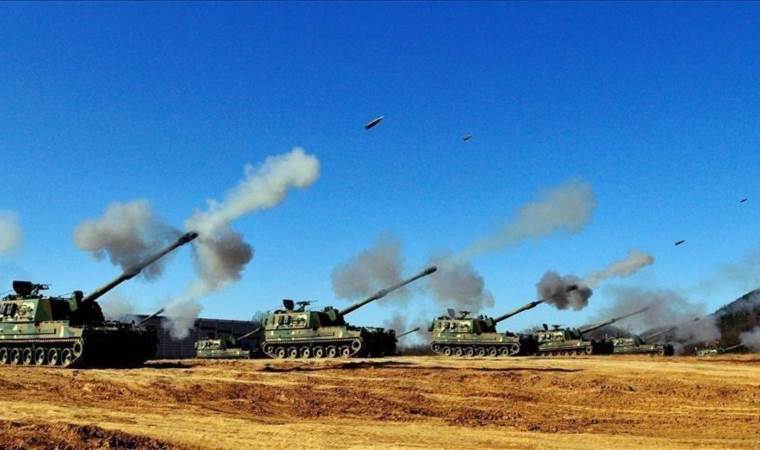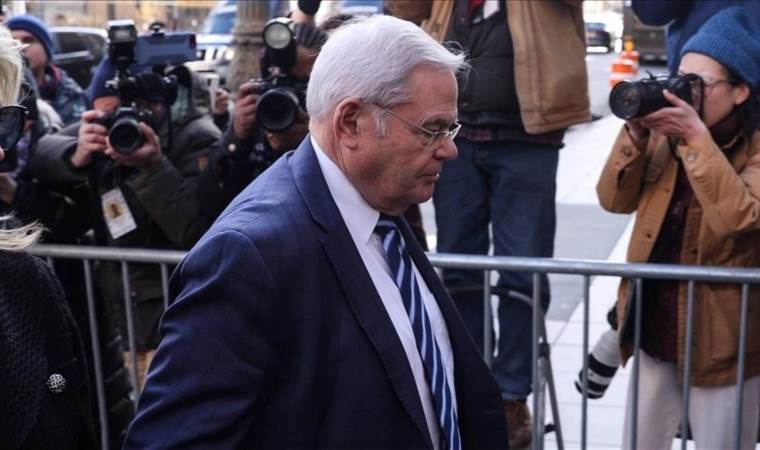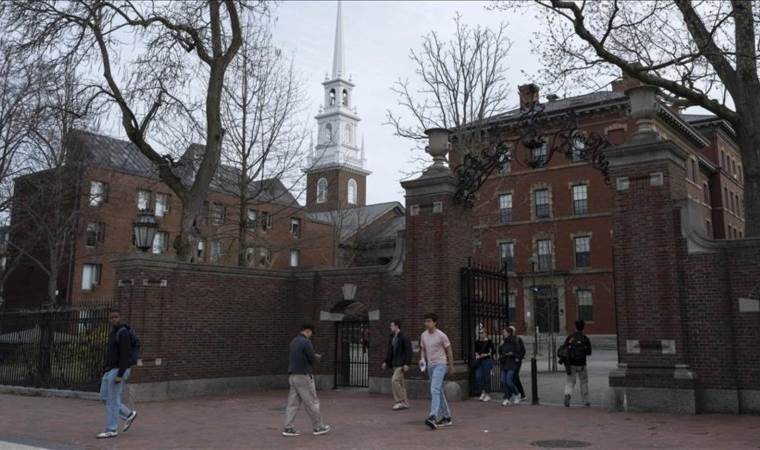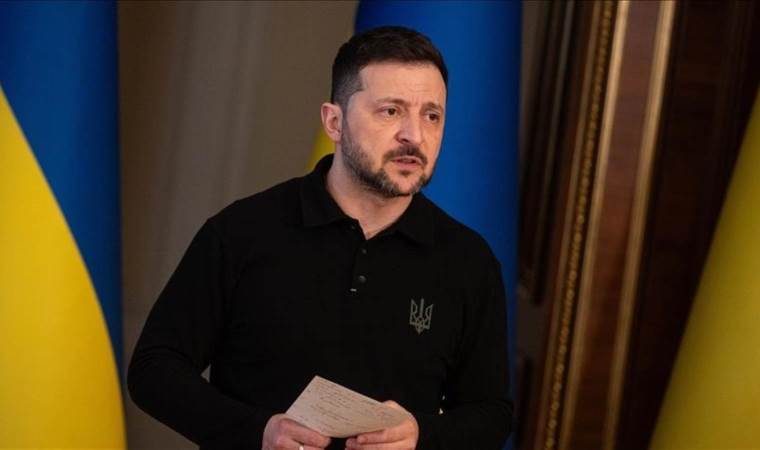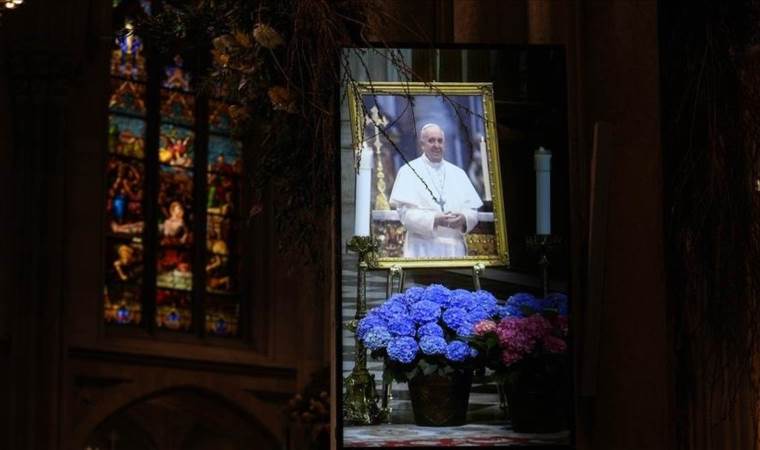Authors Columns of the Day Sport Guest Life All Authors
Unveiling the Consequences of Religious Politics: The Aqsa Flood and Gaza Bombings
Recent events, including the "Aqsa Flood" and the Gaza bombings, have once again highlighted the destructive impact of religious politics. These tragic events evoke memories of historical catastrophes such as the Shoah, the Nakba, Guernica, and Dresden. The situation appears to be escalating with the United States conducting strikes on Iranian targets in Syria. While Defense Secretary Austin's statement indicated it was in self-defense, it appears more like an attempt to lay the groundwork for a battlefield.
On the Israeli side, the "Aqsa Flood" operation has been framed as a genocide, given that Hamas was targeting civilians. Meanwhile, Palestinians are reminded of the 1948 Nakba expulsion as they were forced to migrate towards Egypt. When we add these two notions together, the truth becomes evident.
Neither Israel's efforts to evacuate Gaza's citizens under the pretext of targeting Hamas, nor the "Aqsa Flood" operation, are likely to provide long-term security for Israel. Neither the religious fanatics in Hamas nor the Neo-fascist Israeli government are poised for victory in this situation. Israeli Prime Minister Netanyahu, who has formed a government with far-right elements, faces increasing calls for his resignation as he seeks to exploit the situation. Similarly, the chances of Hamas emerging victorious are nearly zero.
Two Bitter Ironies
The Israeli government's use of the Shoah to defend its actions in Gaza is met with criticism. Bombarding Gaza under the pretext of targeting Hamas resembles an act of "collective punishment." The world is beginning to draw parallels with historical urban bombings that resulted in civilian casualties, such as Guernica and Dresden, and even uses the term Shoah to describe the consequences of Israel's Gaza policy.
However, the Israeli government's attempts at fascist and militaristic ranting, along with their provocative stance towards the EU, risk defaming the historical significance of the Shoah and contributing to the rise of anti-Semitism worldwide. On the other hand, we must not overlook Hamas' role in the "Aqsa Flood" and its contribution to a second Nakba. This operation employed brutal methods against civilians, installing terror within society.
While Hamas may not be a terrorist organization aiming to control "the largest prison camp in the world" their actions during the "Aqsa Flood," including the killing of civilians and the use of fear-inducing methods, were cruel. It is also inappropriate to avoid critiquing the "Aqsa Flood" by comparing it to various uprisings in the US and the EU over time. I acknowledge that life in Gaza, especially for teenagers, is difficult. They live in despair, forced to listen to music playing on the other side of the wall, music playing on the "stolen lands." Their anger is understandable.
However, the "Aqsa Flood" was not a sudden outburst of rage. Instead, it was a meticulously planned operation backed by Iran. The explicit and cruel actions resulting from this operation cannot be explained as mere rage. Israel's government's preparation for an event like this is also inexplicable, especially when figures like Ben-Gvir, the Minister of National Security, and Smotrich, the Minister of Finance, were discussing the annexation of Gaza.
Those who appointed Hamas as warriors of jihad share responsibility for this catastrophe, just as those who rejected a truce do. When we examine the destruction wrought by two religious regimes, we see the importance of secularism as a beacon of hope amidst the darkness of religious fascism.
Yazarın Son Yazıları All Columns
Günün Köşe Yazıları
Most Read News
-
 China integrates AI into undergraduate studies
China integrates AI into undergraduate studies
-
 South Korea, US to hold trade talks this week
South Korea, US to hold trade talks this week
-
 Germany cuts economic growth forecast to stagnation for
Germany cuts economic growth forecast to stagnation for
-
 6.3 magnitude earthquake strikes off Indonesia’s Talaud
6.3 magnitude earthquake strikes off Indonesia’s Talaud
-
 Kremlin says Putin open to talks on civilian strikes mor
Kremlin says Putin open to talks on civilian strikes mor
-
 South Korean military holds live-fire drills near inter-
South Korean military holds live-fire drills near inter-
-
 Wife of former US Senator Menendez found guilty in bribe
Wife of former US Senator Menendez found guilty in bribe
-
 Harvard University sues Trump administration over fundin
Harvard University sues Trump administration over fundin
-
 Zelenskyy demands Russian clarity over strikes on civili
Zelenskyy demands Russian clarity over strikes on civili
-
 Pope Francis' funeral to take place on April 26, Vatican
Pope Francis' funeral to take place on April 26, Vatican


